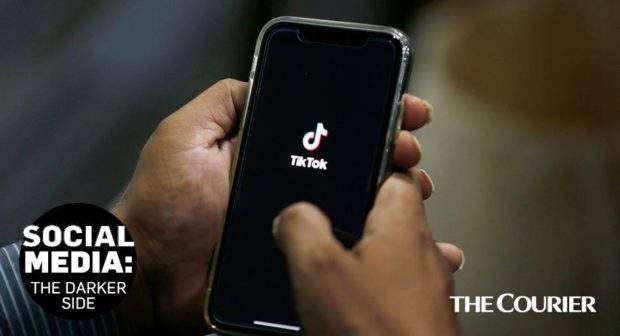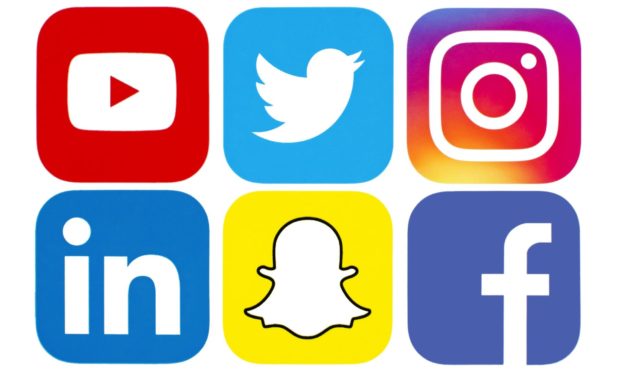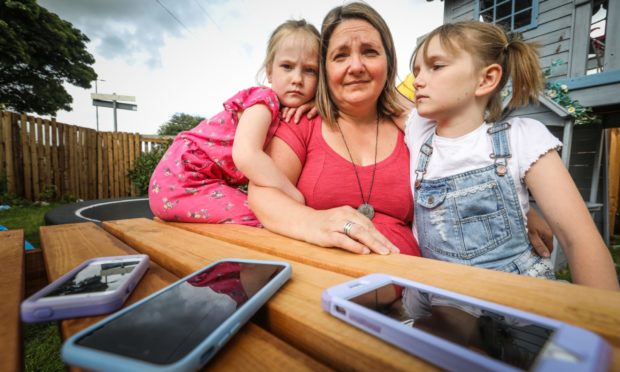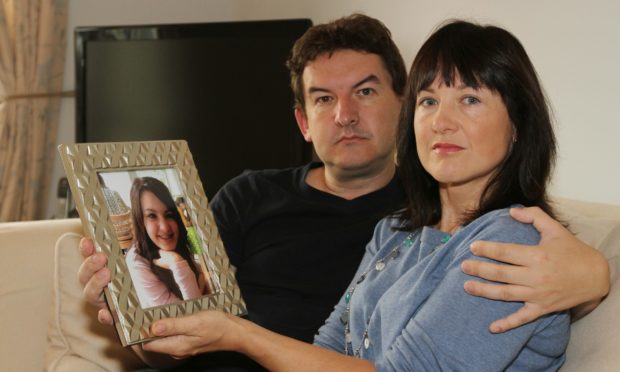The use of social media is a worldwide phenomenon that has changed the way many people live their lives.
But despite the positives that it can bring, the use of such sites can also be incredibly harmful – with everything from hateful and violent material to fake news easily accessible.
We took a look at how such platforms are regulated in countries around the world and what punishment they can face if illegal and harmful content finds it way on to the site.
Germany
In January 2018, the“NetzDG” law came into full effect in the country.
This regulation enforces social media platforms to delete unlawful content within 24 hours of being notified.
If they do not comply, these companies face a fine of up to €50m (£44m).
This law was extended in 202o when the German government passed a reform which requires social media platforms to report certain types of “criminal content” to the Federal Criminal Police Office.
France
In May this year, the French parliament passed law that will require social media platforms to remove certain illegal content within 24 hours.
It will require these platforms to remove hateful comments, including those of a racial, religious or homophobic nature, within 24 hours of being reported.
Fines of up to €1.25 million (£1,138,760) could be imposed on companies that fail to follow the regulation.
Australia
The Australian government passed a law called the Sharing of Abhorrent Violent Material Act last year.
This regulation, which came in response to the Christchurch terrorist attack, requires online platforms to notify the police if could be used to access violent material that is occurring in the country.
It also introduced potential criminal penalties for social media companies including jail sentences for tech executives for up to three years.
Financial penalties worth up to 10% of a company’s global turnover can also be imposed under the regulation.
The Enhancing Online Safety Act was passed in 2015. This legislation created an eSafety Commissioner who has the power to demand that social media companies take down harassing or abusive posts.
These powers were then expanded in 2018 to include so-called revenge porn.
Fines of up to 525,000 Australian dollars (£285,000) can be issued to companies, as well fines of up to A$105,000 for individuals who post the content.
The legislation was introduced following the death of Charlotte Dawson, an Australian television personality who committed suicide after a campaign of cyber-bullying against her on social media.
Singapore
In October 2019, a law called the Protection of Online Falsehoods and Manipulation Bill, came into effect.
This legislation requires online platforms – including social networking, search engine and news aggregation services — to issue corrections or remove content that the government deems to be false.
Fines of up to 1 million Singapore dollars (about £565,000) can be imposed on those companies that fail to comply.
The law hasn’t been without its critics however, and concerns have been raised that the legislation is an attack on free speech and will “stifle public discussion”.
China
According to Freedom House, the level of “internet freedom” in the country reached a new low in 2019.
Platforms such as Google, WhatsApp and Facebook have all banned by the communist government.
Instead, the Chinese people use sites such as WeChat, Weibo and QQ – all of which are provided by Chinese companies.
These platforms are monitored by an algorithmic surveillance system which collects data and information about it being posted online.




















